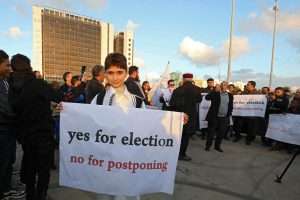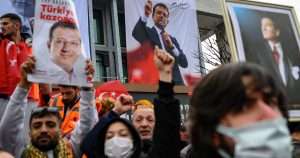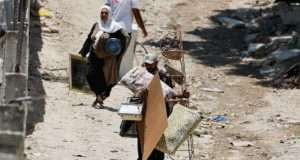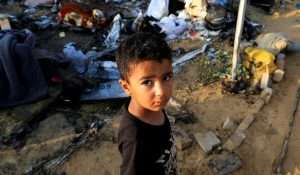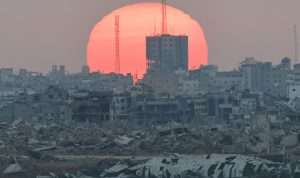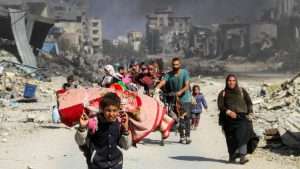Algeria: election plagued by grave irregularities

The 2024 presidential election in Algeria, which was expected to unsurprisingly secure a second term for the incumbent President Abdelmadjid Tebboune, took an unexpected turn, reports AP and a number of other global newswires.
The Independent National Electoral Authority (ANIE) initially reported low voter turnout, but these figures suddenly surged without explanation. The next day, it emerged that only 5.6 million voters had cast ballots, far below expectations.
Officially, Tebboune won the election with 94.7% of the vote, while his two opponents, Abdelali Hassani Cherif and Youcef Aouchiche, garnered 3.2% and 2.2% respectively. However, what was supposed to be a formality quickly turned into an electoral dispute. The Independent National Electoral Authority (ANIE) released contradictory figures on voter participation, first announcing a turnout of 48%, only to later revise it to 23%. This inconsistency cast doubt on the transparency of the process.
Tebboune’s opponents, alleging pressure on election officials and fraud related to proxy voting, filed complaints with the Constitutional Court. Surprisingly, Tebboune’s own campaign joined in these criticisms, highlighting “contradictions and ambiguities” in the management of the vote. This rare alliance between the presidential camp and the opposition illustrates the growing disorder within the political apparatus.
READ: Edward Lister: Kabyles’ self-determination recognized as Algeria turns up heat
The low turnout reflects a persistent rejection of the Algerian political system, shaped by the Hirak movement, which since 2019 has challenged the regime’s legitimacy. Tebboune, seen as close to the military, had already faced a poor reception during his first election, with a high abstention rate. Today, the election raises doubts about his ability to gather broad popular support, despite internal tensions within the ruling elite.
Few believe that the challenges will lead to Tebboune’s victory being annulled. Yet, the harsh criticisms against ANIE and internal divisions within the regime reveal a more complex reality : Algeria is at a political crossroads. While Tebboune seems assured of remaining in power, this election has weakened the legitimacy of the institutions, raising questions about their future credibility. The economic and social challenges, combined with growing opposition, risk pushing the country into a prolonged period of instability. The real question now is whether the regime will reform its structures or continue to ignore the democratic aspirations of a disillusioned population.
AP/agencies
Want to chase the pulse of North Africa?
Subscribe to receive our FREE weekly PDF magazine







